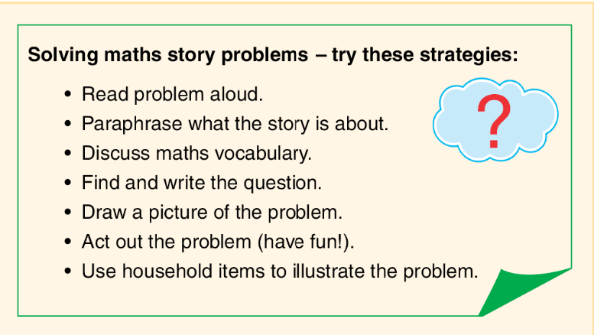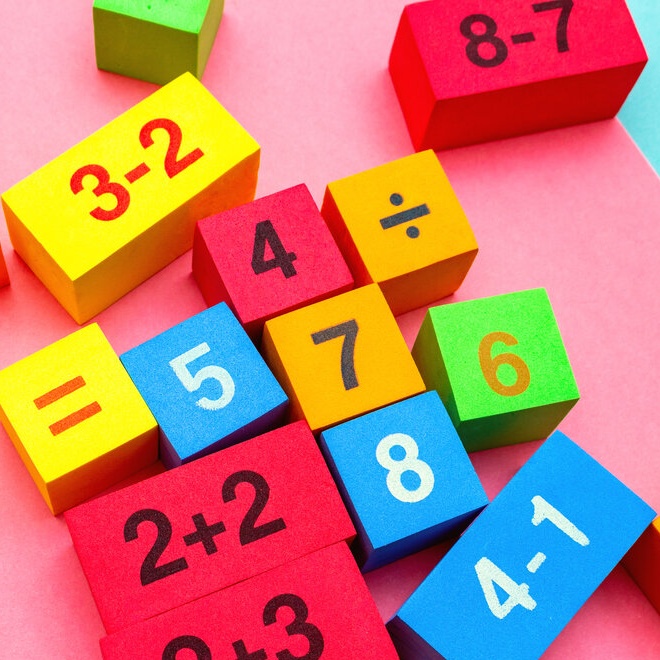Our goal as teaching professionals at Mitcham Primary is to improve practice in all areas of the curriculum. In Maths this year we are working towards improving student achievement in Numeracy with a particular focus on solving multi-step complex problems. Staff meetings, team planning sessions, and pupil-free days are dedicated to professional learning around this goal.
This week teachers were released into year-level teams to plan units of work together. Teams are developing a common instructional model for teaching Maths that will build consistency in practice across the year level and ultimately across the school. Our professional planning includes research, conversations and planning for consistency in pedagogy, vocabulary, resources, and strategies. Teachers discussed building meaning in Maths, demonstrating solution strategies, aligning their approaches, and of course, applying the appropriate content from the Australian Curriculum. Teachers shared their ideas and resources working together to ensure all children access the curriculum in a consistent way.
Helping children with problem-solving homework:
We know families understand the importance of mathematics for their child’s future. Participating in your child’s learning by doing things such as supporting homework is important. Even if you may have had unpleasant experiences or difficulties with mathematics in your own schooling, research has found that positive parent emotions lead to positive student emotions, and positive student emotions are connected to better performance. Here are some strategies to help your child when they are problem-solving at home.

Some activities to promote Maths at home:
Maths is everywhere and involving your child helps their understanding of maths in the real world. Here are some simple examples:
| Cooking at Home | Children can help you prepare shopping lists, work out the quantities of ingredients needed, wigh the ingredients and check on the cooking time. |
| Keep the Calendar Up-to date | Mark any special events on the calendar. Look for patterns in the number squares. Encourage children to make their own calendars. |
| Mass and Height | Keep a record of your child's mass and height. See how much they have grown each year. Do this for everyone in the family. Graph the results. |
| Mapping | When travelling, provide children with a map and discuss directions. Point out speed limits, distances to towns, populations in towns, etc. When you are driving along in the car, ask children to guess how far it is to the next light post, the next town, etc. Involve the whole family. Measure the distances with your speedometer. |
| Who Can make Fifteen? | Play with a partner. Write the numbers 1 to 9 across the top of a piece of paper. Theobject of the game is to be the first personto cross out three numbers that add up to 15. In turn, players cross out one number at a time. A number can only be crossed out once, and only three numbers can be crossed out to make 15. Write down your numbers as you cross them out. |
| Take One or Take Two | Put out 11 blocks in a row between two players. In turn, remove one or two blocks at a time. The object of the game is to make your partner pick up the last block. |
| Weather Chart | Keep a weather chart. Older children can record daily temperatures and weather conditions from the newspaper. Discuss the reasons and the changes in the garden. |

